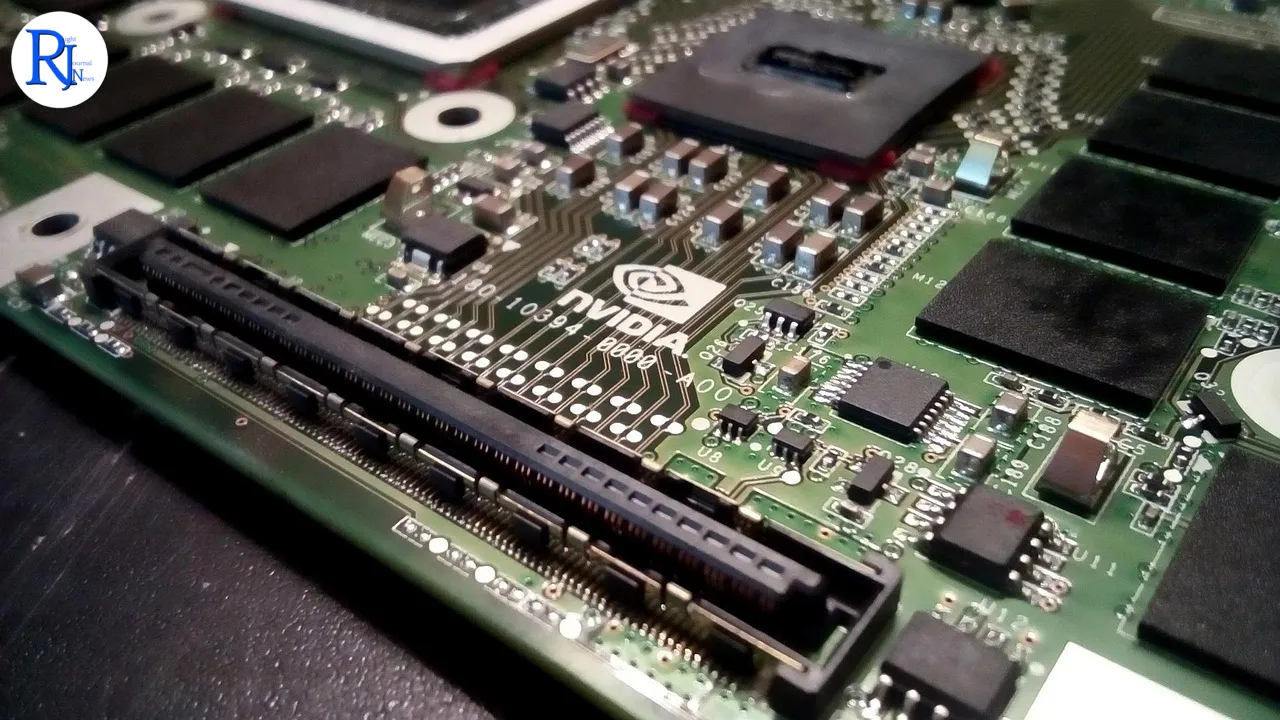In a startling development, thousands of faulty Nvidia AI chips have reportedly ended up in the hands of obscure repair shops across China. This underground industry is thriving amid soaring demand for AI technology, raising concerns about the implications of chip smuggling and clandestine repair operations. Industry insiders suggest this could mask even more significant issues within the global tech supply chain.
The chips, integral to AI processing and data centres, are being smuggled into China, where repair shops fix and resell them. This practice, while illegal, highlights a burgeoning market driven by high demand for AI capabilities. Experts warn that these operations could have far-reaching effects on both the tech industry and international trade relations.

An Unseen Market Emerges
The emergence of this underground market is underscored by the sheer volume of chips being handled. According to industry sources, tens of thousands of Nvidia chips, initially deemed faulty or defective, find their way into small, nondescript repair shops scattered throughout China. These chips, once repaired, re-enter the market at a fraction of the original cost.
The repair process is often shrouded in secrecy. Technicians, skilled in micro-level electronics repairs, work in cramped conditions, restoring chips to functionality. “It’s a sophisticated operation,” says Li Wei, a tech analyst based in Shanghai. “These repair shops have become adept at fixing what many would consider irreparable.”
Smuggling Routes and Risks
The smuggling routes for these Nvidia chips are complex and clandestine, involving multiple layers of intermediaries. According to reports, chips are often smuggled through neighbouring countries before entering China. This intricate network not only evades customs regulations but also poses a significant risk to the companies whose products are being illicitly traded.
The risks extend beyond legal implications. There are concerns about the quality and reliability of repaired chips. “Once a chip is repaired, there’s no guarantee it will perform to original specifications,” explains Zhang Ming, an electronics expert. “This poses a risk to consumers who may unknowingly purchase these products.”
The Demand for AI Technology
The demand for AI technology in China is a significant driver of this underground market. As one of the world’s leading countries in AI development, China’s appetite for advanced computing technology is insatiable. Nvidia’s chips, renowned for their AI processing capabilities, are particularly sought after.
“China’s tech industry is expanding rapidly, and with it, the need for high-performance computing,” says Dr. Wang Hui, a professor of computer science. “These chips are crucial for AI research, development, and implementation.”
Implications for Global Trade
The implications of this underground market extend beyond China’s borders. The smuggling and repair of Nvidia chips highlight vulnerabilities in the global tech supply chain. As countries invest heavily in AI, the demand for components like these chips will continue to rise, potentially exacerbating the situation.
Moreover, the trade tensions between China and Western countries could be further strained by such activities. “This could lead to stricter regulations and increased scrutiny on tech exports,” suggests Dr. Emily Carter, an international trade expert. “It’s a delicate balance between fostering innovation and protecting intellectual property rights.”
Future Outlook
As this underground market continues to thrive, the future outlook remains uncertain. Industry stakeholders are calling for increased transparency and regulation to address the issue. “There needs to be a concerted effort to crack down on smuggling and ensure that legitimate channels are used for chip repairs,” urges Li Wei.
In the meantime, consumers and businesses must navigate the risks associated with purchasing repaired chips. Awareness and due diligence will be crucial in mitigating potential pitfalls.
The situation underscores the complex interplay between technology, trade, and regulation in a rapidly evolving global landscape. As the demand for AI technology grows, so too will the challenges associated with maintaining a secure and reliable supply chain. The coming years will be critical in shaping the future of this dynamic industry.

